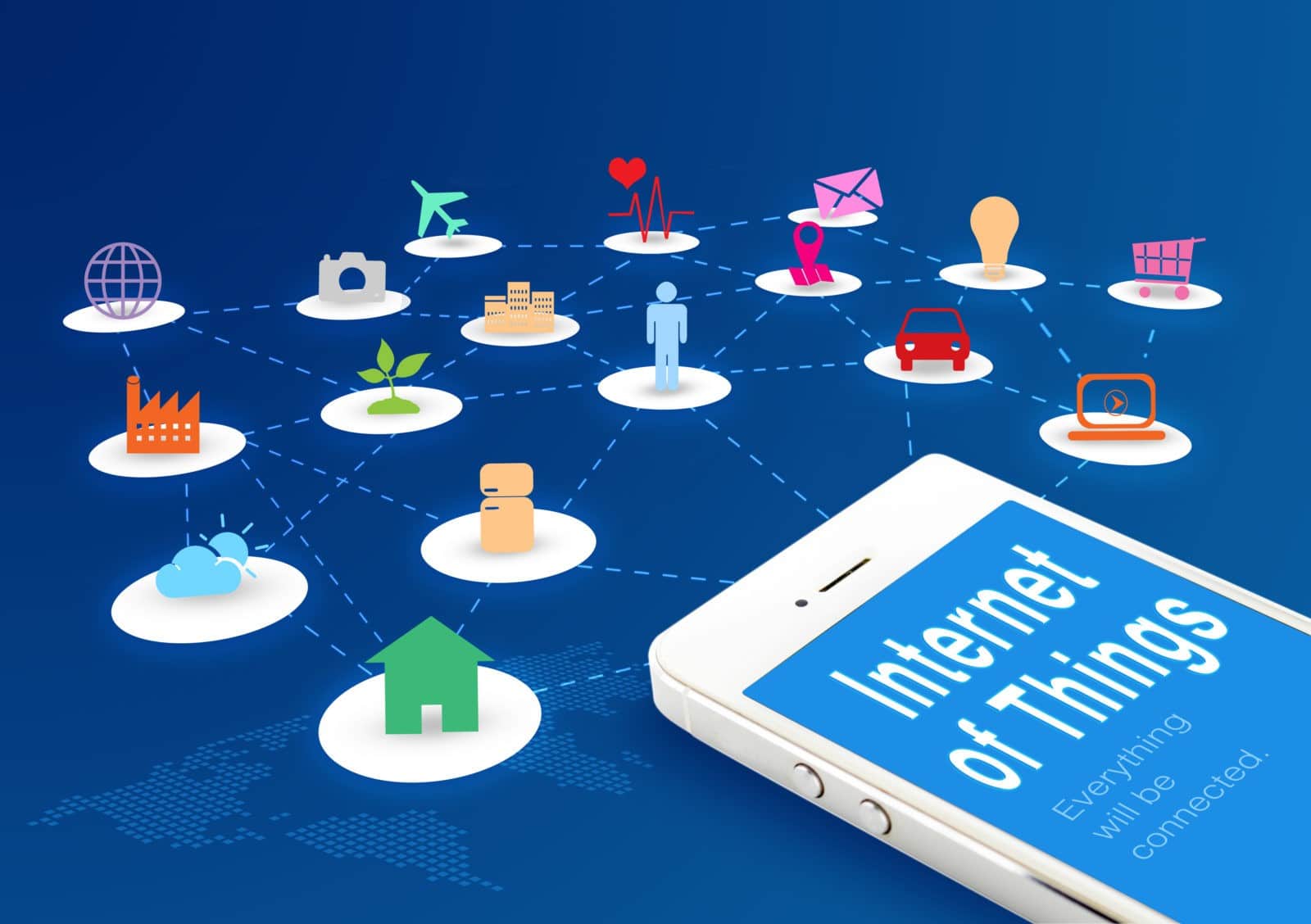As per the request of the Department of Telecommunications (DoT), Telecom Regulatory Authority of India (TRAI) has made suggestions for the formulation of National Telecom Policy (NTP) – 2018. In its recommendation for the new NTP, the TRAI has emphasized on a strategy to improve connectivity across India, facilitating Internet of Things (IoT) and Machine to Machine (M2M) services.
The technologies aim to benefit the industry and on consumer protection and other public interest uses such as disaster management. DoT, on its website, has stated that the new telecom policy will be governed by the key guiding principle of alignment with the national vision. Its major themes will, inter-alia, be regulatory and licensing frameworks impacting the telecom sector, connectivity- for all, quality of services, ease of doing business, and absorption of new technologies including 5G and IoT.
The TRAI, in its recommendation, said that IoT and M2M services would fuel the Industry 4.0- the current trend of automation and data exchange in manufacturing technologies. It would be a much bigger transformation in the field of communication in comparison to fixed to mobile market transition.
To facilitate this, TRAI aims a coordinated approach to the development of 5G services, IoT/ M2M systems, and their security framework. It specifically suggested coordination of stakeholders relating to agriculture, smart cities, intelligent transport networks, C, smart electricity meter, consumer durables to develop a market for IoT/ M2M connectivity services. Simplified licensing and regulatory framework for IoT/ M2M service provider.
Next in recommendations came the need of strengthening consumer grievance redressal mechanisms through awareness and protection. Providing necessary spectrum for other government services such as metro and high-speed rails, Government radio networks, municipal services, forest and irrigation departments, flood control, etc.
In a nutshell, TRAI seeks to provide reliable and secured connectivity with assured quality of service, facilitate development of infrastructure and services for new technologies including 5G and IoT. The overall aim is to aid digital transformation of the Government, enterprises and industry, infrastructure development including development of world – class cities through planned urbanization, and assume a leadership role in the world economy.












